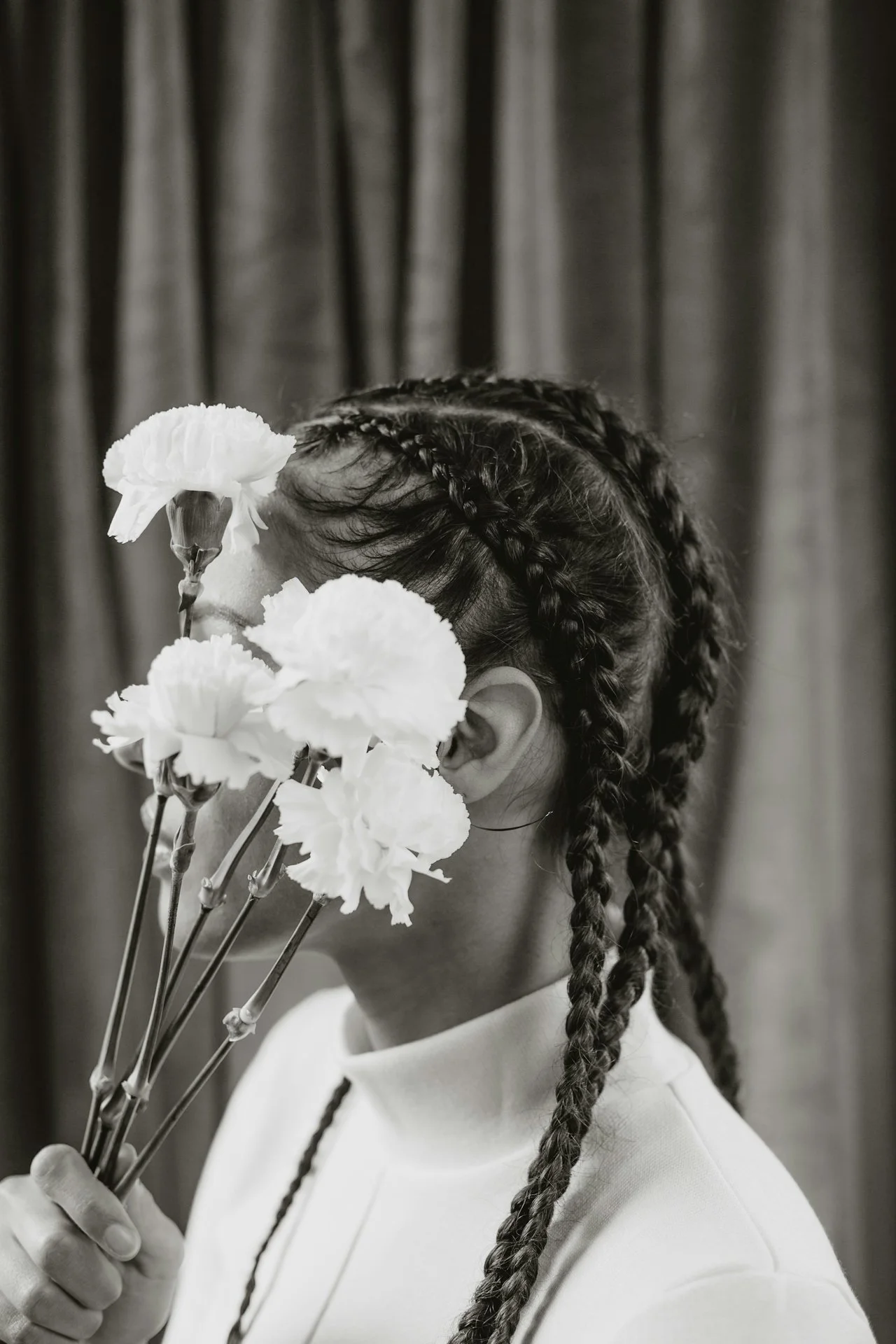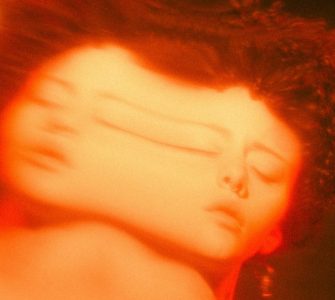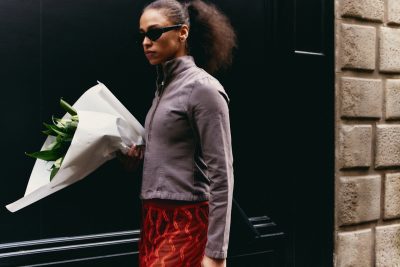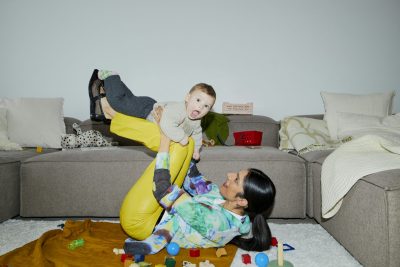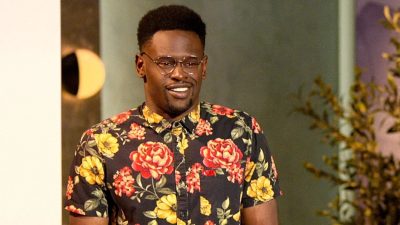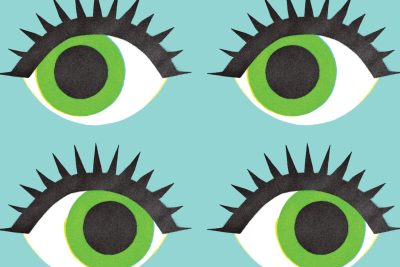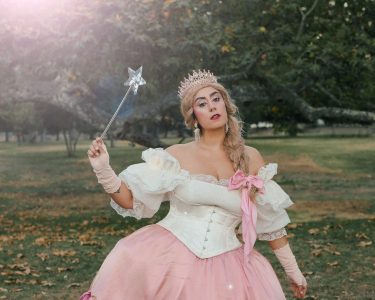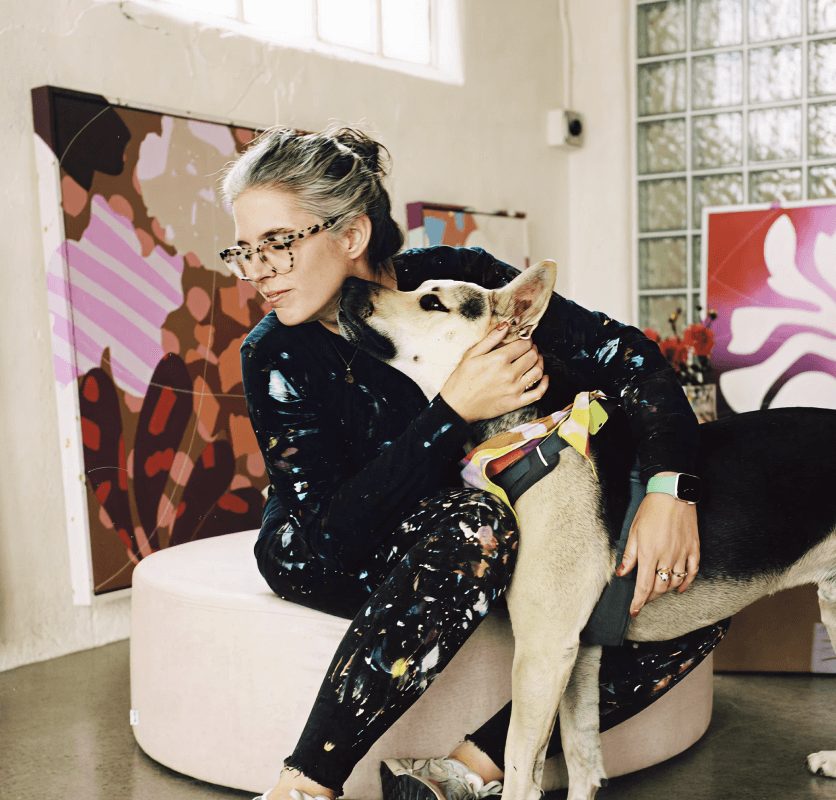BY URSULA BRANTLEY
Growing up as the weird, nerdy Black kid, I felt like an alien in a foreign galaxy. I was too sensitive, too blunt, too honest, slow to grasp certain social cues, just always a little out of step.
No one suspected neurodivergence because I didn’t match the image in their minds of a difficult-to-control, completely ill-mannered child. I didn’t fit the stereotype of what a child with AuDHD looked like. But I do remember being that little girl who had way more energy than I knew what to do with. I was super talkative, so much so that I’d get in trouble at school for it. I loved to wander off in stores or hide in the clothes racks, and I cried or whined a lot. At the same time, I was really smart and had a memory like an elephant.
Being neurodivergent is both a gift and a burden. We feel what others don’t, see what others can’t, and process the world in extraordinary ways. It’s a blessing, but it comes with a price. In a society obsessed with perfection, authenticity often comes across as “too much.”
Now, combine living a neurodiverse existence with being Black in America, and the weight doubles. Being Black and neurodivergent is a unique and complex experience, one rarely discussed and often misunderstood or not believed, filled with both pride and an ache that lives in the mind and spirit.
The systems around us were not built for people who look like me, let alone think like me.
Being Black and neurodivergent, I’ve had to fight to be truly seen and learn to love myself for who I am. These experiences have become badges of honor, teaching me to take pride in myself and stand firm in who I am. I spent most of my life trying not to take up too much space until I hit my 30s and realized I deserve to take up that space loudly and unapologetically.
When it comes to the Black community and Black households, mental illness of any kind is still met with a stigma of broken or defective. When it comes to neurodivergence, it’s usually only acknowledged in kids born in the 2000s and after, when mental health started getting more attention. Growing up Black, you are taught that you must know better, act better, and be acceptable to society at all times. The melanin in my skin, which I love deeply, is automatically seen by some as threatening or less than, so anything that might draw even more stares or negative attention is a big no. But that’s hard when just existing feels like a mix of oddities and constant misunderstandings.
Being born in the 80s meant coming of age at a time when no one suspected anything was different unless it was extreme or you were a danger to yourself or others. You might catch someone’s attention if you were a serious troublemaker or had a learning disability too obvious to ignore. I didn’t fit any of those molds, so no one considered that I might be wired differently. Anything that seemed off got dismissed because the focus was always on getting by, not on figuring out what was truly going on.
Whether with family or friends, all I ever wanted was to be accepted just as I was. I was allowed to be myself, but only within reason. I’ve always had what the elders called “book sense,” but social interactions and things like that didn’t come so easily. I was either too loud or too quiet, too deep into my thoughts or bouncing off the walls. I’d talk about topics no one cared about, take things literally, and get hurt when meanings didn’t match words. The only time I felt free to be myself was when I was alone or with the few friends who truly understood me.
I learned early on how to mask and how to code switch. This usually meant things like minimizing info dumping or just being quiet altogether even though I had an opinion.
I had to be who I was expected to be, even if that meant burying parts of myself. When you’re constantly being someone else, people don’t know the real you and over time, you can forget who that even is.
I see now that many of those traits I masked have followed me into adulthood, just in grown-up form. Living at the intersection of Blackness and neurodivergence means I’ve spent much of my life being seen through a distorted lens. I’ve had to advocate for myself in classrooms, workplaces, and systems that weren’t designed for me. I’ve had to fight to be heard and understood when people were too quick to write me off. I often feel like I have to explain or justify how my brain works to people who have no interest in genuinely understanding. Countless times, I’ve been told by teachers, employers, or others that I ask too many questions, seem defiant, or am less-than-humble, just to name a few.
We know a lot of neurodivergent traits tend to rub people the wrong way. And when you’re Black, that’s the last thing you’re supposed to do. There’s this unspoken pressure to always be agreeable, palatable, even when it means shrinking yourself.
As a Black neurodivergent woman, I’m constantly pushed to dim my light, to hide both my Blackness and the way my mind works just to make others feel more at ease.
It’s frustrating being neurodivergent and it’s even more isolating as a Black person. Black neurodivergent voices are so often overlooked or silenced, and that lack of visibility makes it harder to find community and support. I want people to move past the idea that there’s only one way to be neurodivergent and to recognize our unique challenges. Our experiences matter. We deserve to be seen, heard, and understood.
It took a long time for me to understand that I was neurodivergent, and even longer to accept and love myself for it. But in that struggle, I’ve also found pride. My brain isn’t broken, it’s brilliant. My neurodivergence lets me see the world in vibrant detail. AuDHD, PTSD, and anxiety are woven into the tapestry of my life’s journey, and I’m not ashamed of that. My Blackness grounds me in a legacy of strength, creativity, and resilience. Together, they make me who I am. There’s a kind of genius embedded in the history of Black neurodivergent individuals. From inventors to poets to leaders such as Benjamin Banneaker, James Baldwin, or Katherine Johnson who didn’t just accept the world as it was, but imagined it differently. I carry that legacy with me.
I’ve never been just neurodivergent. I always have been and always will be Black.
I’ve never been just neurodivergent. I always have been and always will be Black and neurodivergent — and that combination has meant being lectured more often than heard, misunderstood more often than helped. At the end of the day, I’ve had to learn how to protect my peace, clearly speak my mind, firmly stand my ground, and hold on to the parts of me that make me different even when the world tells me to tone it down.
My mind works in ways that are bright, bold, and beautifully complex. And while that can make life harder sometimes, it also makes life fuller. I’m still learning, still unlearning, and still growing into the fullness of who I am – and honestly, I wouldn’t trade that for anything.
I’m proud to be a Black neurodivergent woman. I dream of a world where more of us can be seen, supported, and celebrated. A world where young, gifted, Black neurodivergent individuals don’t have to choose between being accepted and being themselves.
BIO: Ursula Brantley is a freelance writer from Shreveport, Louisiana. Writing has always been my passion. I’ve been doing it professionally since 2012. Over the years, I’ve covered a wide range of topics for different publications. My work has appeared in places like Essence Magazine, AFROPUNK, and SB Magazine.
Follow Motley Bloom
